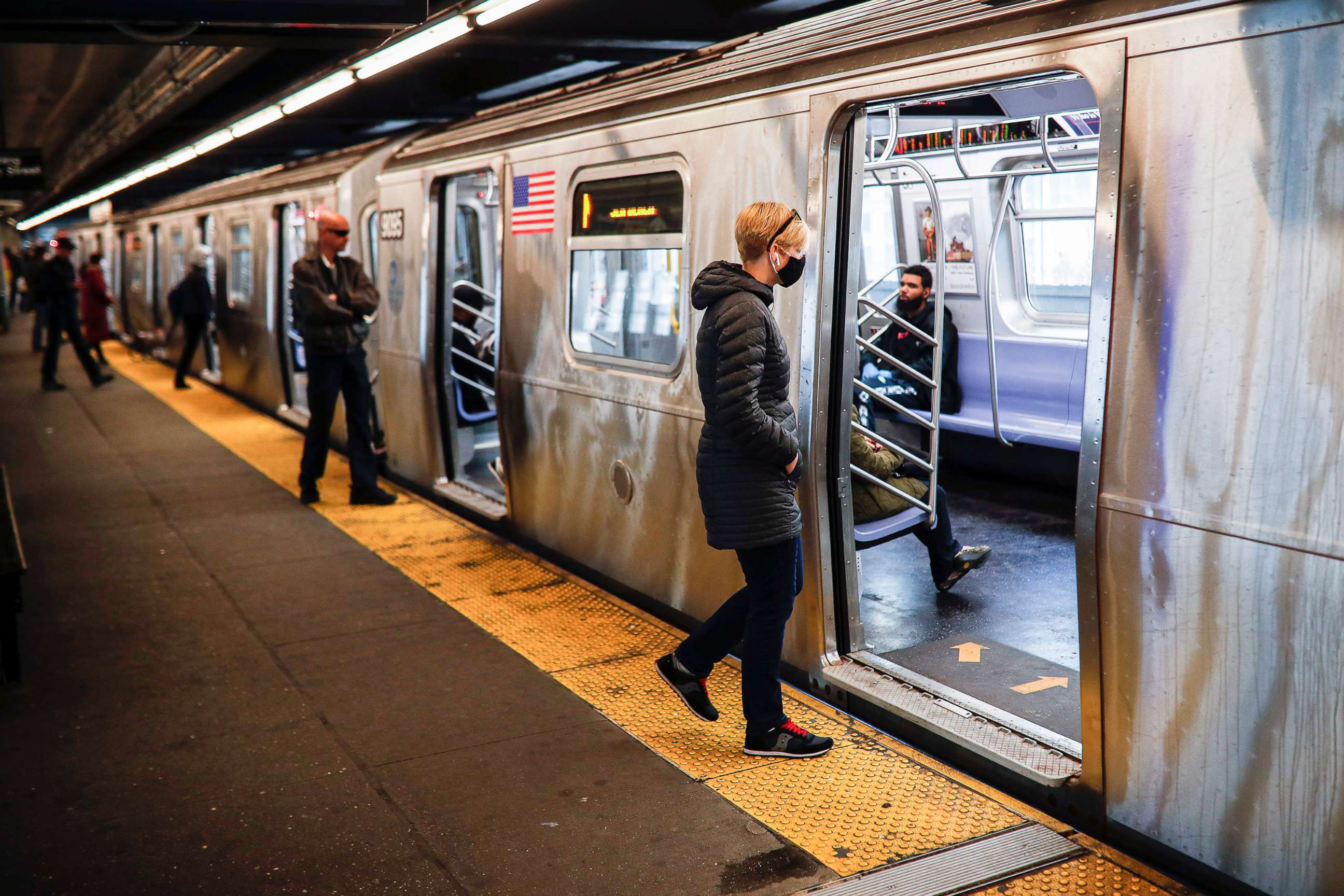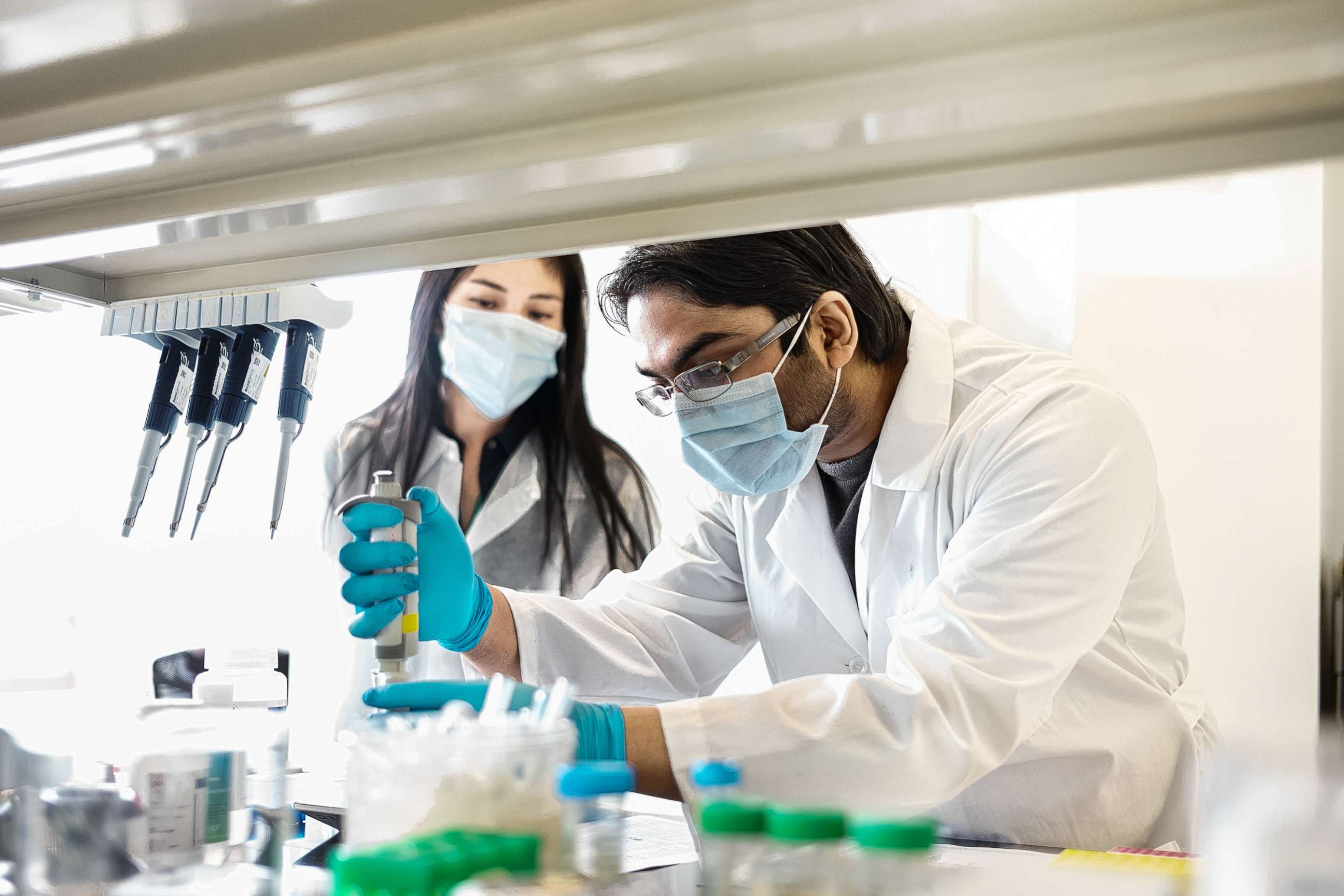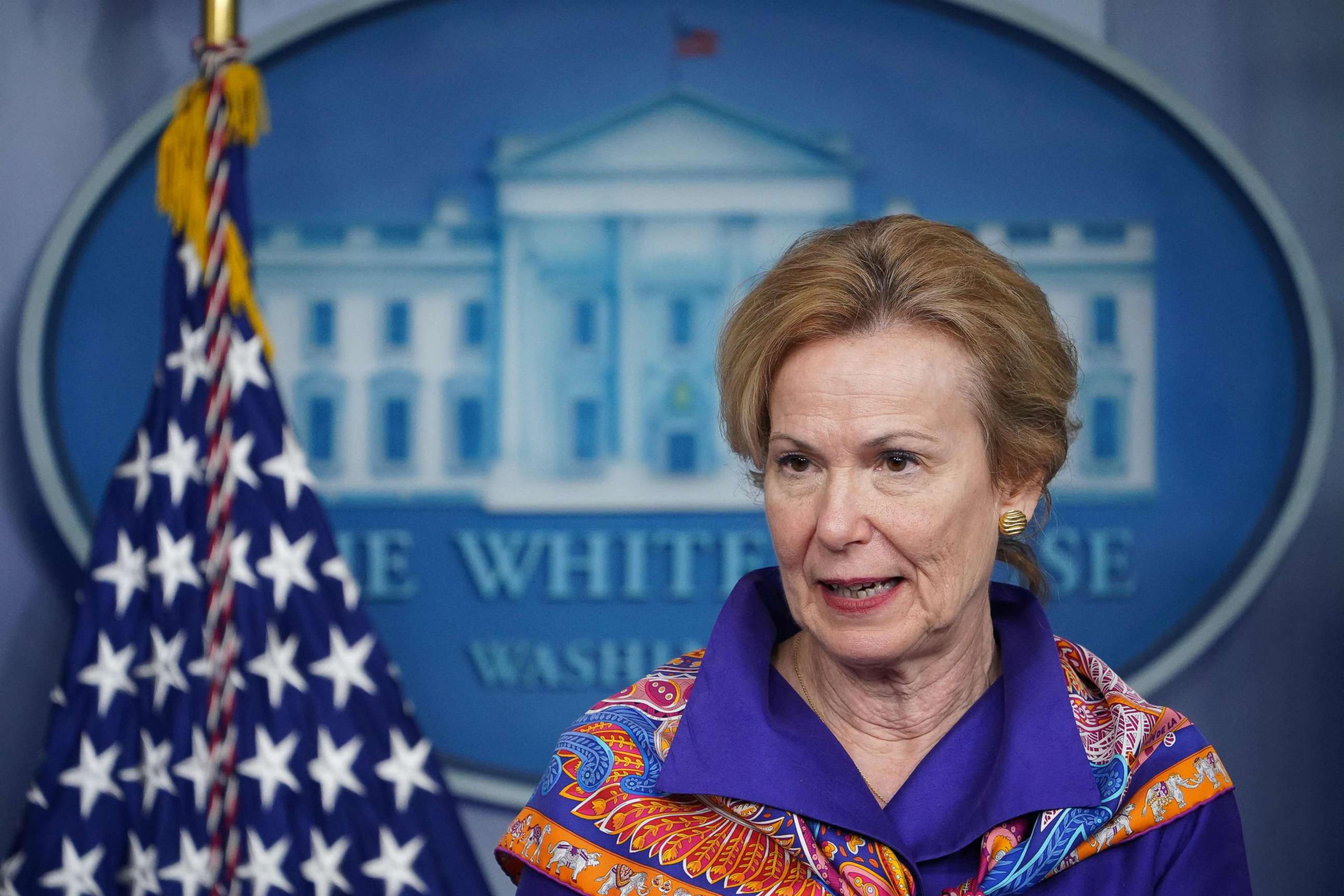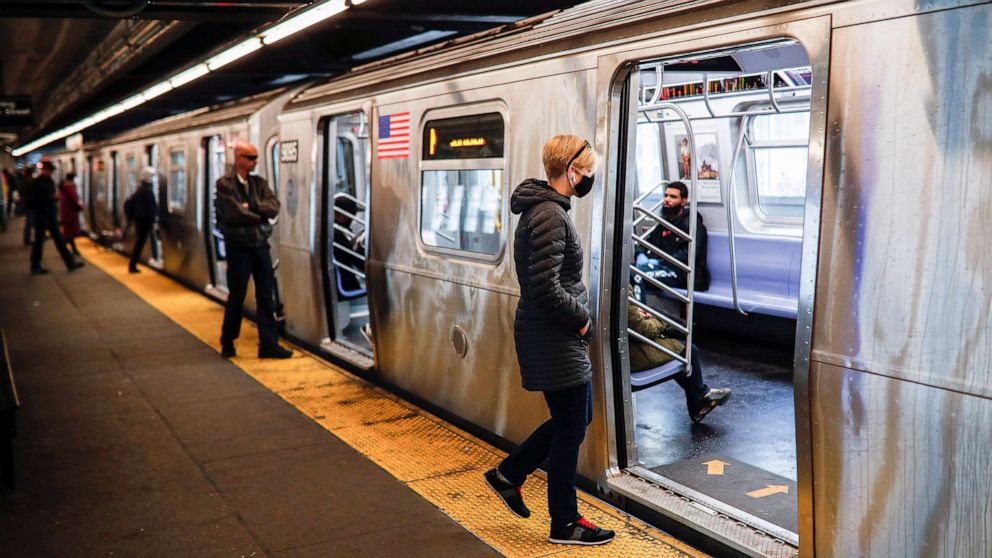As some leaders weigh pursuit of ‘herd immunity’ from coronavirus, experts warn risks are too high
When will the United States reach the point where the novel coronavirus cannot easily spread? As public health officials battle an ever-expanding crisis, epidemiologists suggest we still have a long way to go.
The threshold for achieving herd immunity – the fraction of the population that needs to be immune to a disease to make person-to-person transmission extremely unlikely or even impossible – varies virus by virus. With measles, for example, that threshold is high: 93% to 95%.
For the novel coronavirus, however, that estimate is much lower. That’s the good news.

Based on what experts know about the disease’s contagiousness, "the critical threshold for achieving that herd protection for COVID-19 is between 50% and 66%," according to Dr. Justin Lessler, an epidemiologist at Johns Hopkins University.
The bad news? That means that at least half of Americans need to become infected or vaccinated before the population reaches herd immunity – and even then, concerns over reinfection could alter the math.
According to a study by infectious disease experts at Imperial College in London, even the hardest hit countries remain far below that threshold. In Italy, for example, the Imperial study suggests only 9.8% of the population has been infected. In Spain, the number is 15%.
Dr. Scott Gottlieb, the former head of the U.S. Food and Drug Administration, tweeted this week that his "informal survey of thought leaders in this area puts [the] estimate [of the infected population in the United States] anywhere from 1-5 [percent]," a figure that falls well short of Lessler’s herd immunity threshold.

Even so, some European leaders have suggested that a rapid pursuit of herd immunity could help slow the spread of the virus. In Sweden, for example, the country’s chief epidemiologist proposed "herd immunity or a combination of immunity and vaccine" this week as a means to move quickly past the disease.
But without a vaccine to supercharge immunization, infectious disease experts are quick to point out that any pursuit of herd immunity could come at a tremendous cost. Allowing many people to get sick quickly -- and then, in theory, develop immunity quickly – could cause a spike in infections that places enormous stress on the healthcare system, leading to a substantial loss of life.
"What really matters is how you get to herd immunity," said Dr. William Hanage, an epidemiologist at Harvard University. "And it will be impossible to get there without a large number of deaths."
It is also unclear whether and how recovered patients develop immunity to future infection, though Dr. Anthony Fauci, director of the National Institute of Allergies and Infectious Diseases, has said he would be "willing to bet anything that people who recover are really protected against reinfection."
Fauci’s assurance aside, experts say it is still too early to know for sure.
"The thing which is really, really important here -- and which we don’t know the answer to -- is how many people are immune," Hanage said. "We don’t even know how much immunity the disease generates and how long it lasts."
To help answer those questions, U.S. public health officials are setting lofty goals for the rollout of widespread serologic testing that can detect blood antibodies. Dr. Deborah Birx, the chair of the White House coronavirus task force, said Wednesday on Good Morning America that the government hoped to be "rolling out and hopefully having soon -- within the next ten or 14 days -- an antibody test so we can really tell how many Americans were infected and asymptomatic."

The data from those tests will enable researchers to identify the percentage of the population who might have already been infected and built up an immunity to the disease. At Stanford, researchers have already begun testing thousands for antibodies as part of an effort to understand how many people in their communities have been infected.
"I think this [study] has very important implications for how we understand the epidemic, for how we move it forward," Stanford’s Dr. Eran Bendavid told ABC News’ Diane Sawyer. "From our survey really the most important piece of information is, how many people in our country have been infected?"
Fauci, for his part, isn't waiting for herd immunity to slow the spread in the United States. His strategy is clear.
"Ultimately, the showstopper," Fauci said, "will be obviously a vaccine."
ABC News’ Dr. Mark Abdelmalek and Christina Ng contributed to this report.
What to know about coronavirus:
- How it started and how to protect yourself: coronavirus explained
- What to do if you have symptoms: coronavirus symptoms
- Tracking the spread in the US and Worldwide: coronavirus map
Tune into ABC at 1 p.m. ET and ABC News Live at 4 p.m. ET every weekday for special coverage of the novel coronavirus with the full ABC News team, including the latest news, context and analysis.




